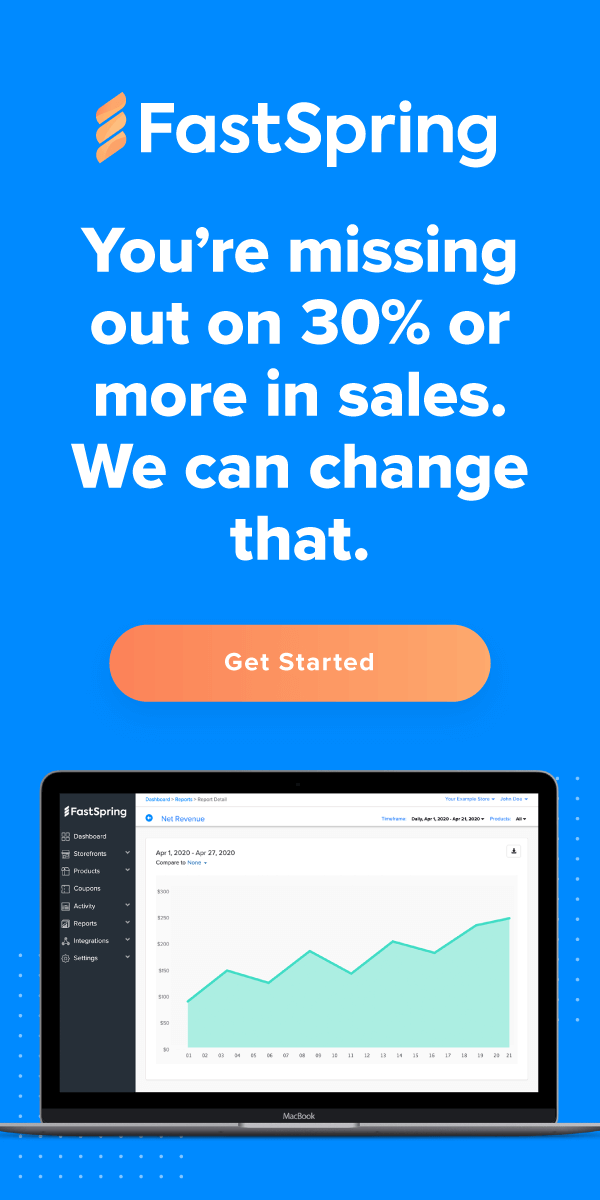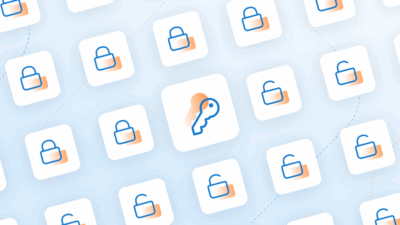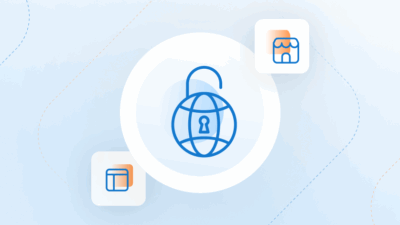Keeping up with the latest and greatest in ecommerce can be a lot of work. Between new legislation going into effect and shifting consumer preferences, the ecommerce landscape is anything but stagnant.
But don’t worry, we got your back.
As your global ecommerce partner, we make it our mission to stay on top of the latest trends. This way, we can ensure that we’re not only improving our ecommerce solution to better meet your needs, but also the ever-changing demands of the digital economy.
Want to learn more about the five ecommerce payment trends shaping 2020? Keep reading to find out more.
- Multi-channel selling is a must
- Push for smarter payment processing
- Data privacy becomes an even larger focus
- More businesses will transition to a subscription model
- Global ecommerce continues to cross borders
1. Multi-channel selling is a must.
In 2019, Cyber Monday hit a record-breaking 9.4 billion in sales. What’s even more staggering is that online sales via smartphone are up 46% from 2018. With more consumers choosing to conduct their shopping directly from their mobile devices, mobile isn’t a channel your business can afford to ignore.
Digital businesses must prioritize shopping experiences that are just as fluid as the users conducting them. Some shoppers may choose to start their checkout journey from their desktop and then decide to finish up their transaction from a mobile device or vice versa. Give your customers the flexibility to complete their purchase from any device, regardless of where they initially started the checkout process. By catering to your customer’s unique shopping preferences (this includes accounting for the devices they prefer to shop from), your digital business is effectively taking steps towards maximizing your conversion rate.
2. A push for smarter payment processing.
Businesses around the globe will look to simplify their payment tech stack. Managing multiple payment processors, payment gateways, and even just trying to understand online payment processing can be challenging especially if your business is just starting out. Throw in the complexities of maintaining global sales tax/VAT compliance into the mix and you might start to feel a bit overwhelmed.
Instead of investing time into improving their product or service, software companies suddenly find themselves sinking valuable resources into managing payouts, billing, and collecting & remitting taxes. Luckily all-in-one ecommerce platforms, like FastSpring, seek to remedy this problem by acting as your Merchant of Record and providing a broad range of ecommerce payment features to simplify online payments for your digital business.
3. Data privacy becomes an even larger focus.
Your digital business isn’t the only one taking notice of the influx of shoppers transacting online. Cybercriminals also want in on the action too! Make sure your business is taking steps to protect your customer’s data and security by ensuring that your website is compliant with the necessary PCI-DSS and data privacy standards.
GDPR
Data privacy and protection is proving to be one of the most important areas of focus for ecommerce. We’ve seen evidence of this with the EU’s General Data Protection Privacy Act going into effect in 2018. New advancements in payment processing and ecommerce tech will continue to streamline the shopping experience for many consumers, thanks to increased personalization. However, businesses must balance collecting sensitive customer information (in the name of providing better customer experience) with ensuring proper data protection, since a data breach can have a serious impact on your brand’s reputation.
PSD2
Security is built into the very foundation of the Second Payment Services Directive (PSD2) regulation. It was established to benefit the consumer by driving payment innovation and data security so there is a more standardized technology for online payments. PSD2 impacts all transactions originating in the 28 members of the EU as well as Iceland, Norway, and Liechtenstein, meaning that all payment providers who process payments for consumers in the European Economic Area (EEA) must adhere to the regulation. Not sure if the PSD2 regulation applies to your business? Check out our guide PSD2: The Ultimate Step-By-Step Guide to Compliance to ensure your business is compliant.
CCPA
To start off the new decade, the California Consumer Privacy Act (CCPA) went into effect on January 1, 2020. Much like GDPR, this act is designed to protect the rights of consumers, only the CCPA is specific to California residents. Under the act, Californians have the right to:
- Know when their personal information is collected
- Delete their personal information held by businesses and a business’s service provider
- Opt-out of selling their personal information
- Children under the age of 16 must give their opt-in consent, while a parent or guardian must give consent for children under 13
These examples are just scratching the surface of what the CCPA entails. To learn all about the CCPA and how it could affect your business, check out our post CCPA: All About the California Consumer Privacy Act.
While it might seem overwhelming, the continuous changes in data security regulations aren’t going anywhere. To stay up to date on all things compliance, utilizing a Merchant of Record like FastSpring automatically ensures your business stays compliant, no matter what new regulation comes up next.
4. More businesses will transition to a subscription model.
According to research by Gartner, all new entrants and 80% of historical vendors will offer subscription-based business models in 2020.
Moving to a recurring billing model instead of a one-time sales model has positive implications for both business and consumers by:
- Enticing shoppers to buy with flexible pricing that better fits their needs.
- Opening up additional customer segments who may have initially been hesitant to subscribe because of high upfront investment.
- Promoting growth with more consistent revenue streams.
- Increasing customer retention through hassle-free billing.
5. Global ecommerce continues to cross borders.
With ecommerce customers expected to continue looking beyond their borders when shopping online, can your business keep up? In fact, Forrester estimates that cross-border shopping will make up 20% of ecommerce in 2022, that’s a whopping $627 billion in sales!
Making sure your digital business has the ecommerce capabilities to accept global payments and currencies is only the beginning. Converting international shoppers involves building out truly great shopping experiences that make it both easy for customers to identify the digital product or software they are searching for and allows them to seamlessly purchase these items. To capture cross-border shoppers, digital businesses must ensure their ecommerce platform has the capabilities to:
- Accept multiple currencies and global payment methods.
- Display pricing that accurately matches a user’s geolocation.
- Stay compliant on global tax complexities.
- Cultivate seamless customer experience across the entire checkout process.
To close, it looks like 2020 will be another exciting year for ecommerce! To ensure that your business is in a position to ride on the tailwind of these ecommerce trends, your business should start preparing now.
Interested in learning more about how partnering with a full-service SaaS ecommerce solution can help you grow your business? Sign up for a demo today!
![[Customer Story] Why TestDome Considers FastSpring a Real Partner](https://fastspring.com/wp-content/themes/fastspring-bamboo/images/promotional/2023/FastSpring-TestDome-blog-thumbnail.jpg)








